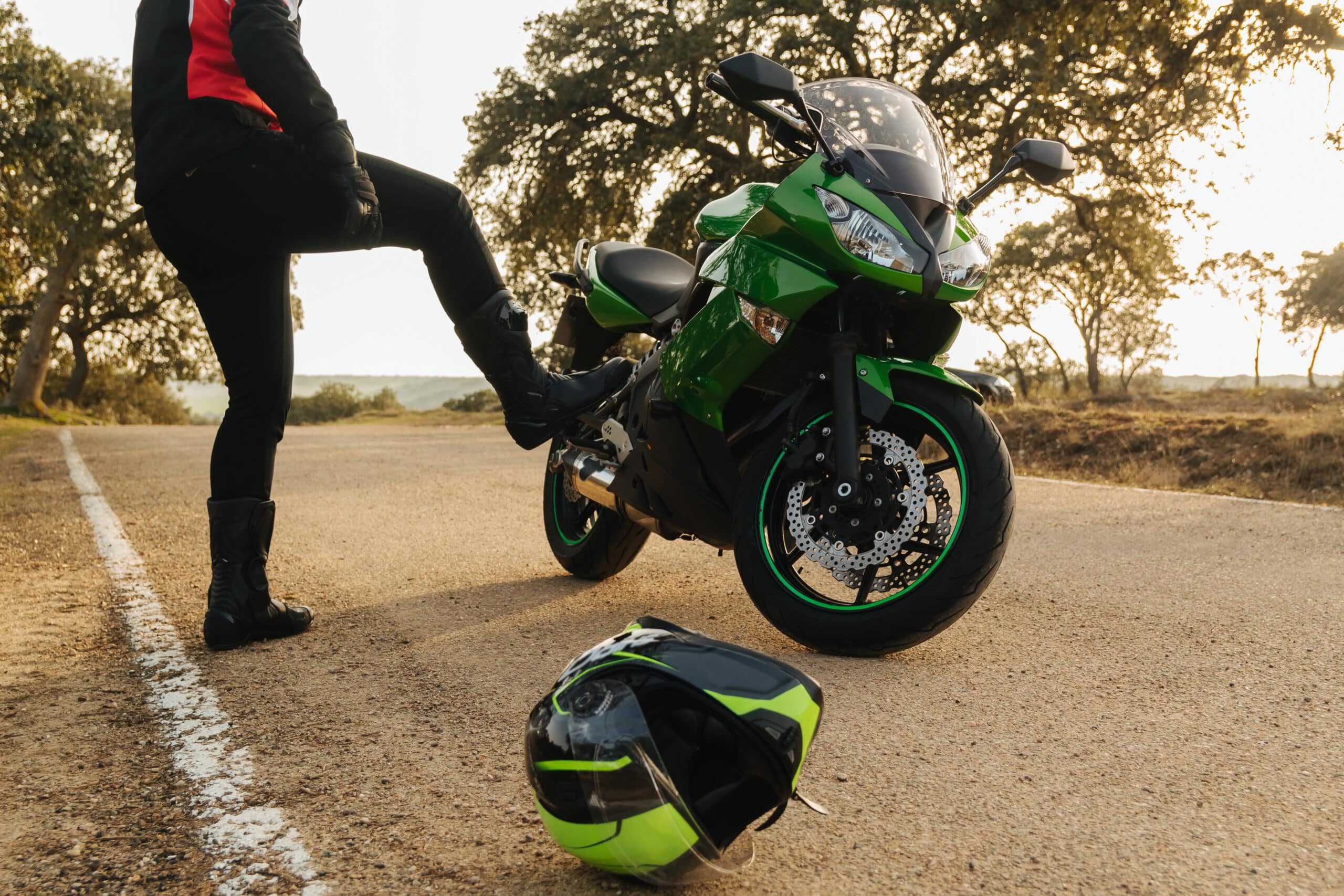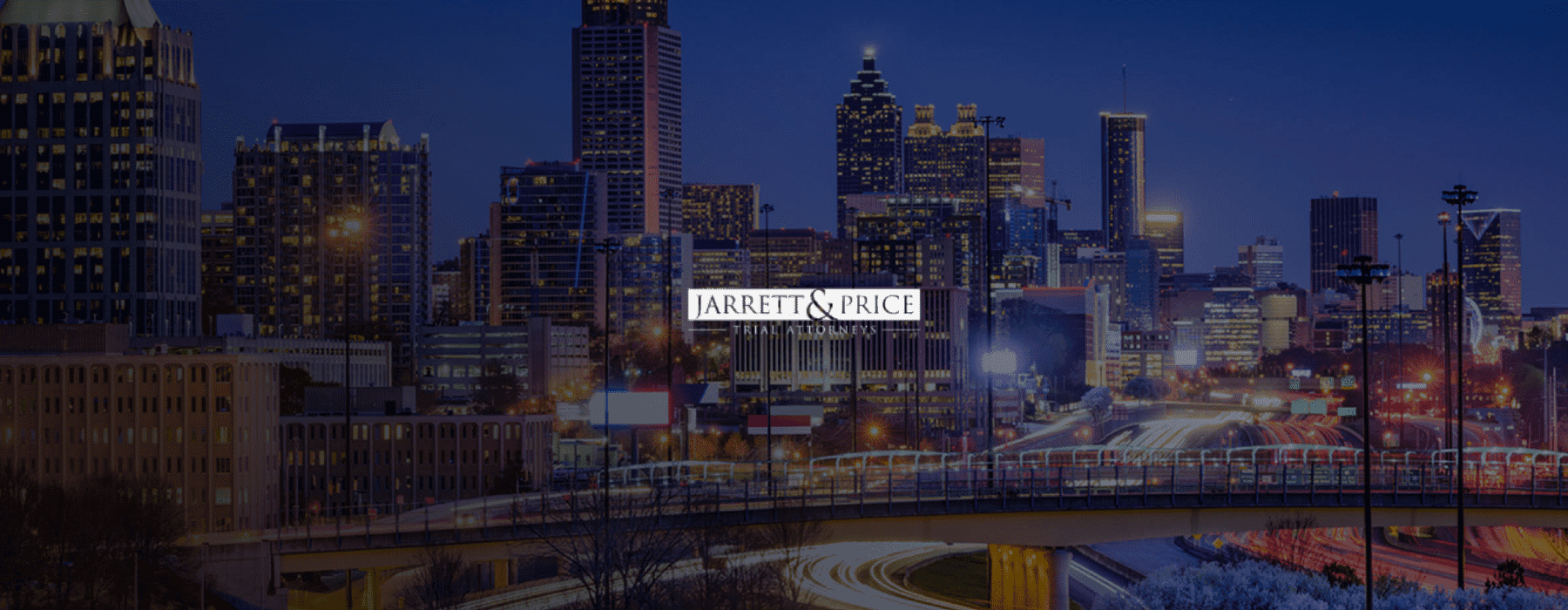8 Steps to Take Following a Motorcycle Accident
If you are involved in a motorcycle accident in Savannah, you might wonder if you can seek compensation for your losses. When someone else is liable in an accident, this is possible. However, knowing what to do immediately after car accidents can help you set the stage for a better outcome in your case. Find out about eight things you should do following a motorcycle or car accident below.
1. Check for Injuries
Thousands of people are injured in motorcycle accidents each year. In 2020 alone, motorcycle accident statistics indicated that 82,500 motorcyclists were injured in accidents on the roadway.
The very first thing you should do after any type of accident on the road is ensure you and others are safe. That might mean moving out of your vehicle or off the road to ensure you are not struck by other traffic. It can also mean checking for injuries.

First, assess yourself to determine if you have any immediately obvious injuries that should be attended to. Then, if possible, check on others. While emergency responders will obviously arrive and address injuries at some point, you may want to take precautions to stop bleeding or apply CPR techniques if someone is not breathing.
2. Call the Police or Emergency Responders
As soon as possible after an accident, call the police and report the incident. You can do this by calling 911. If the accident is not an emergency and doesn’t include any serious injuries, you can use non-emergency lines for a local police department.
Note that someone should be calling 911 in the case of emergency situations even while others are attending to urgent needs. For example, if someone is bleeding and you want to apply pressure to the wound to try to stop it, you should not do this in lieu of calling 911 or delay calling 911 to handle such a task. Instead, try to ensure someone at the scene is calling 911 at the same time others are attending to these urgent matters.
3. Exchange Contact and Insurance Information
If you’re able to do so, exchange contact and insurance information with any other drivers involved in the accident. This can be important information later if you need to file a claim with someone else’s insurance or pursue legal remedies in seeking compensation.
4. Document the Accident Scene, if Safe
If it is safe to do so, document the accident scene. You can take pictures or videos with your smartphone to show skid marks, where the vehicles came to rest, what traffic signs were present, and the overall damage to the vehicles.

This may be useful evidence if you need to prove your case for compensation later.
5. Avoid Apologizing or Admitting Fault
Don’t say you’re sorry or otherwise apologize at the accident scene, and don’t admit any fault in the accident. Even if you think you might have caused the accident, avoid stating so. Instead, just provide facts to police officers in response to their questions.
6. Get Information From Witnesses
If possible, take some time to talk to witnesses at the accident site. Find out what they saw and get their names and numbers. Any police officer that comes to the scene will likely interview these witnesses and also get their contact information. However, it can be beneficial to have this information yourself, especially if you have to file a lawsuit for compensation later. Witness names and contact information can make it easier for your attorney to subpoena people and gather testimony about the accident.
7. Contact Your Insurance Company
Reach out to your insurance company as soon as possible after a motorcycle accident to let them know what happened. You should notify your insurance company even if you don’t think you were at fault in the incident.

Let them know the details of your case even if you plan to seek compensation from the other driver’s insurance company.
8. Contact a Personal Injury Lawyer
Finally, reach out to a personal injury lawyer if you are injured in a motorcycle accident. An experienced motorcycle accident lawyer can help you understand all your rights and options and how you might make a case for compensation. Some things a good personal injury legal team might do in such a case include, but aren’t limited to:
- Determining all the parties that should be included in a lawsuit. Depending on the nature of the accident, you may need to include multiple drivers, companies, and insurance agencies.
- Gathering evidence to support your case. A law office can subpoena medical records, get copies of police reports, gather pictures and video from the scene of the accident, and subpoena witnesses to gather testimony about what happened.
- Negotiate with insurance companies. An experienced lawyer can make a case and negotiate a settlement with insurance companies. With the right legal team on your side, you can often get more from an insurance company than you could on your own.
- Make a case in court. If settlement negotiations don’t work, your attorney represents you in court. They work to make a case so that the matter is hopefully decided in your favor.
Reach out to Jarrett & Price today to find out how we can help if you were injured in a motorcycle accident. We offer free strategy sessions for motorcycle riders who are injured with no obligation to hire.



